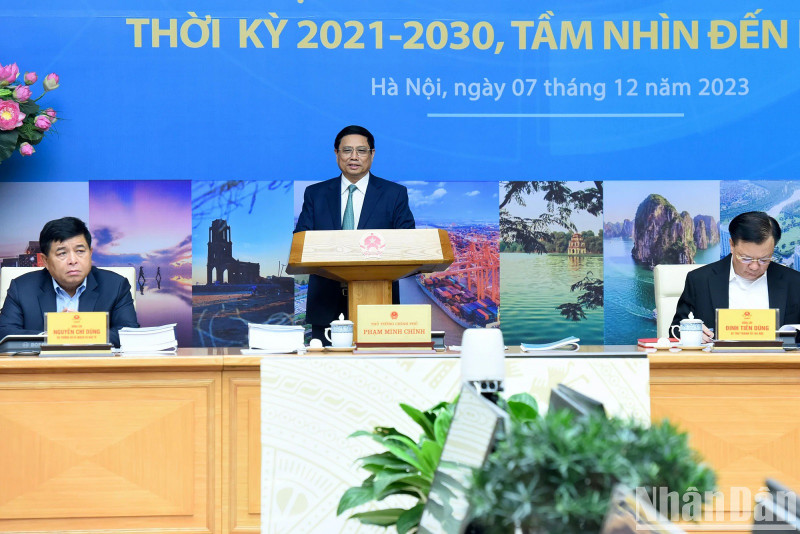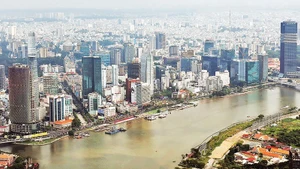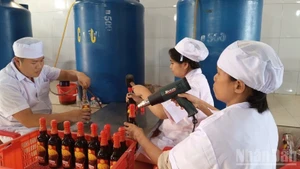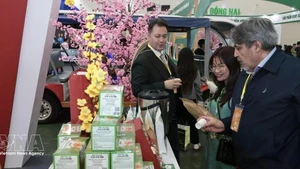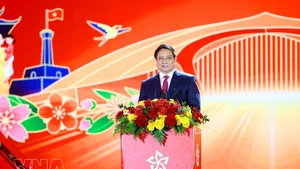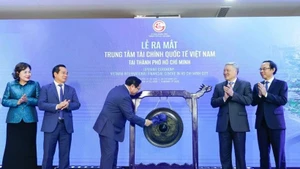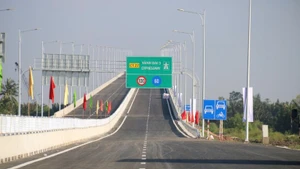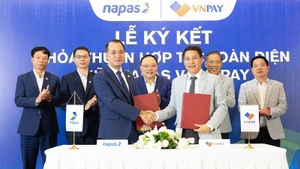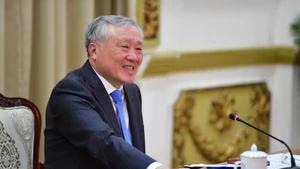The Red River Delta, encompassing 11 provinces and centrally-run cities, namely Hanoi, Hai Phong, Quang Ninh, Vinh Phuc, Bac Ninh, Hai Duong, Hung Yen, Thai Binh, Ha Nam, Nam Dinh, and Ninh Binh, is the focus of the Politburo’s Resolution 30. The resolution sets a vision for 2045, envisioning the Red River Delta as a modern, civilised and ecologically sustainable development area, a major economic and financial hub with global and regional stature.
Speaking at the event, PM Chinh said the draft masterplan has not fully identified the potential of the region, which together with the southeast region contributes over 50% of the national GDP. He also noted that the role of the region as the gateway from ASEAN to China has not been sufficient mentioned in the draft.
He also underlined the need to include the revival of rivers in the region, which are currently depleted of resources and encroached upon due to human activities.
There should be solutions, projects, resources, mechanisms and policies to tackle issues such as waste and pollution, he said, adding that human resources training should not only serve the development of the region but also coordinate workforce on a national scale. "We have to address the limitations, shortcomings and contradictions of the region, which has a small area but a large population, prompting the need to urbanisation," the PM said, stressing the development of overhead and underground space.
At the same time, he reiterated the viewpoint of not sacrificing social progress and equity for economic growth. Therefore, solutions and resources are needed to handle the problems of waste and pollution in the region.
Highlighting innovation and sci-tech as new drivers of regional development, he called for more attention to digital transformation, energy transition, and the development of renewable energy industries as well as agricultural economy and development of key industries.
The PM also required that the masterplan should include the building of links with other regions, the entire country, and the world.
In conclusion, he asked ministries, agencies and localities to continue collecting opinions of experts, scientists and the public on the master plan.
